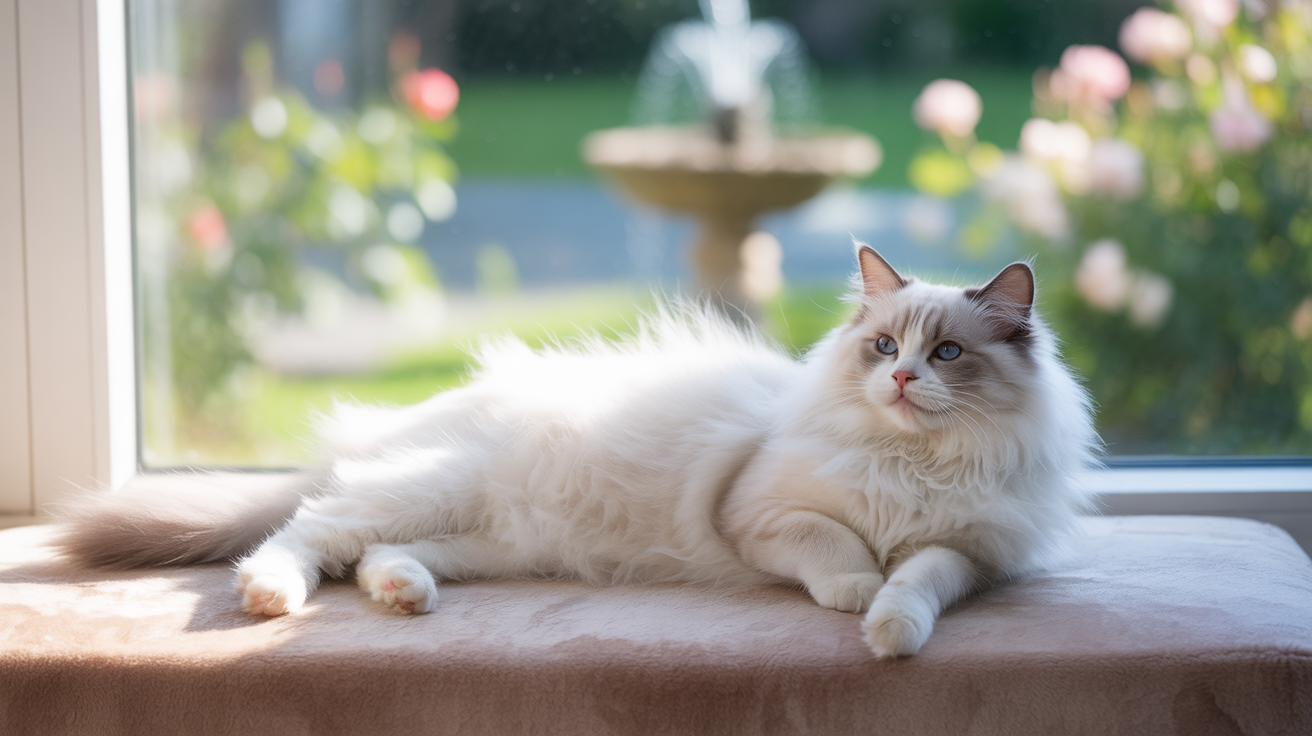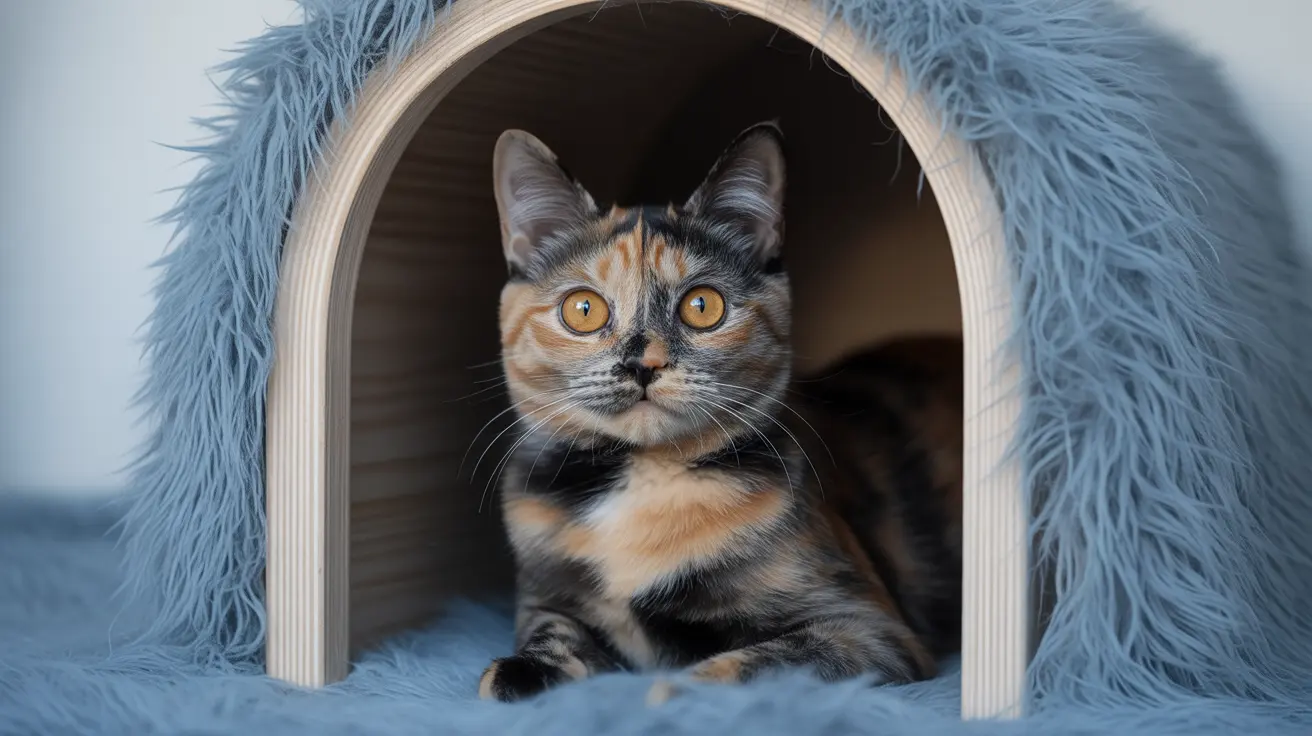As a devoted cat owner, you might find yourself wondering about the best ways to keep your feline friend clean and healthy. Bathing a cat can be tricky, and using the wrong products can lead to serious health complications. This guide will help you understand the safest and most effective methods for washing your cat while protecting their delicate skin and coat.
Understanding Cat Grooming Basics
Cats are naturally fastidious groomers, but occasionally they need additional help staying clean. Unlike dogs, cats require special care when it comes to bathing. The wrong shampoo or cleaning method can cause skin irritation, allergic reactions, or even more serious health issues.
Safe Washing Options for Your Cat
Cat-Specific Shampoos: The Best Choice
When it comes to cleaning your cat, always opt for shampoos specifically formulated for felines. These products are designed to:
- Maintain the natural pH balance of your cat's skin
- Avoid harsh chemicals that can cause irritation
- Provide gentle cleansing without stripping natural oils
- Address specific coat and skin concerns
Natural Alternatives for Cat Cleaning
For cats who particularly dislike water, consider these alternatives:
- Pet wipes specifically designed for cats
- Waterless cat shampoos
- Dry cleaning solutions recommended by veterinarians
- Gentle brushing to remove dirt and distribute natural oils
Ingredients to Avoid in Cat Shampoos
Some ingredients can be extremely harmful to cats, including:
- Phenol: Can cause severe liver and kidney damage
- Linalool and D-Limonene: Potentially toxic citrus-derived chemicals
- Essential oils: Many are toxic to cats, even in small amounts
- Artificial fragrances and harsh chemicals
Essential Grooming Tools for Cat Care
Brushes and Combs
Regular grooming is crucial for maintaining your cat's coat health. Invest in:
- Deshedding brushes for removing loose fur
- Soft-bristled brushes for coat shine
- Specialized combs for different coat types
- Grooming tools that provide bonding opportunities
Professional Grooming Considerations
For cats with special grooming needs, consider:
- Professional grooming services
- Veterinarian-recommended grooming techniques
- Specialized tools for long-haired or senior cats
- Regular check-ups to address any skin or coat issues
Frequently Asked Questions
What can I wash my cat with if I don't have cat shampoo?
If you're in a pinch, use a mild, unscented dish soap or ask your veterinarian for a temporary solution. Always avoid human shampoos, which can be harmful to cats.
How often should I bathe my cat?
Most cats rarely need full baths. Unless your cat gets exceptionally dirty or has a medical condition, brushing and spot cleaning are usually sufficient.
What ingredients in cat shampoo are toxic?
Avoid products containing phenol, essential oils, artificial fragrances, and harsh chemicals. Always read labels carefully and consult your veterinarian.
Are human shampoos safe to use on cats?
No, human shampoos are never safe for cats. They can disrupt the pH balance of their skin and contain ingredients toxic to felines.
What grooming tools are essential for reducing hairballs?
Regular brushing with deshedding tools, soft-bristled brushes, and specialized combs can significantly reduce hairball formation and improve coat health.
Remember, each cat is unique. When in doubt, always consult with your veterinarian about the best grooming practices for your specific feline companion.






